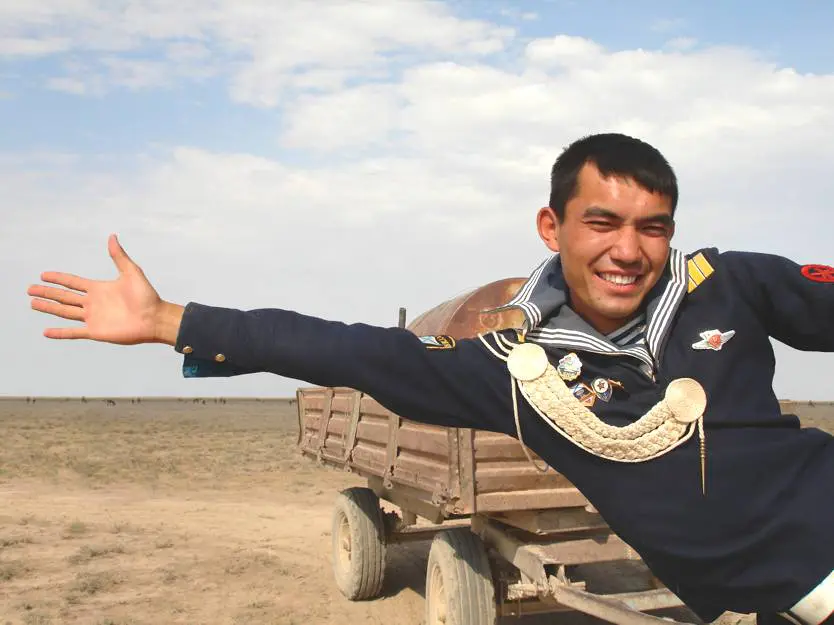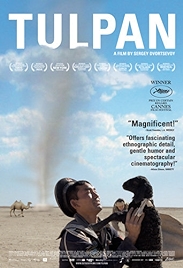A movie for every day of the year – a good one
31 August
Princess Diana dies, 1997
On this day in 1997, Diana, Princess of Wales died in a car crash in the Pont D’Alma road tunnel in Paris. Also in the car were Henri Paul, the driver, and Dodi Fayed, her boyfriend. The accident happened after Fayed and Diana had spent the evening at the Ritz in Paris, owned by Fayed’s father, Mohamed Al-Fayed. At the end of the evening they had got into a Mercedes S280 and driven off from the rear entrance of the hotel, a decoy car having already drawn off a sizeable number of journalists by leaving from the front of the building. Their driver, Henri Paul, having said to one photographer, “You won’t catch us tonight,” accelerated to escape the pack, which followed behind. Driving at over 100kph on a road with a 50kph limit, and drunk (he had been prescribed the alcohol dissuader Acamprosate), he lost control of the car and it crashed into one of the support pillars of the tunnel. No one in the car was wearing a seat belt. Three of the four of its occupants died, the only survivor being Trevor Rees-Jones, the bodyguard, who was saved by the car’s airbag.
Tulpan (2008, dir: Sergei Dvortsevoy)
We’re out on the wide open steppes of Kazakhstan, where camels stampede and the locals live in a way they have done for centuries. Inside a rough but cosy yurt a father is negotiating with another family for the hand of their daughter. Eavesdropping out the back, delirious with excitement at the idea that he might soon have access to this beauty, is Asa (Askhat Kuchencherekov). So excited, in fact, that he’s jigging along to Boney M on his radio. Here we are, in this traditional land, where sheep are a resource, camels are transport, dogs are a domestic necessity, donkeys do the work of lorries and a radio is a thing of glamour and promise. But a new life is jostling up against the old. Asa also is part of that glamour and exoticism, newly back from a stint in the navy and full of stories of the deep – gigantic octopuses and the like. This allure doesn’t help him get what he wants, though. His prospective bride rejects him out of hand. She doesn’t like the way his ears stick out. We’re about seven minutes into this unique film and already director Sergei Dvortsevoy – an old hand at documentaries about lives under threat – has told us who these people are, what makes them special, and why we should be interested in them. So don’t worry about this being a recommendation to watch some dry ethnographic disquisition; it isn’t. Instead it’s a love story about a young man with a big heart, who lives in place where there are no other women left to marry, apart from the woman he has set his heart on, and in any case he has no real social position to woo her from – he has no flock, no wealth. But Asa is an optimist. Sustained by pictures of the good life in magazines, and buoyed up by the sight in them of another man with big ears, Prince Charles, who has managed to bag a beautiful wife, he sticks at it.
Meanwhile, there is trouble in his brother-in-law’s sizeable flock – the new lambs are coming out stillborn. If this carries on it could spell disaster and destitution. How these two stories will play out forms the twin axis on which this amazing film spins. It has a documentary veracity, though it obviously isn’t a documentary. Which means that these people must be acting. In which case, how does Dvortsevoy get such natural performances out of them? The answer must be some combination of documentary approach and staged reality. Certainly when Dvortsevoy shows us a lamb being born it’s being done for real. But Tulpan (it means Tulip, the object of Asa’s affections) doesn’t suffer from a documentary’s superfluity of data – we’re up close with people whose characters slot like jigsaw pieces into the lives of those around them, and into the story that Dvortsevoy is telling us, as if written that way. Dvortsevoy’s camera works in a similar way, largely handheld, and giving the impression that it’s done on as “as we find it” basis. It simply can’t be – there must be artificial light in some of these interior scenes otherwise we’d not be able to see what’s going on. And though digital goes places celluloid could only dream of, this is something else entirely. The nearest film I can think of to it in terms of its quality of eavesdropping is The Tree of Wooden Clogs, Ermanno Olmi’s Palme d’Or-winning 1978 drama about Italian peasant life. Olmi’s film also, confusingly, won the Documentary Award at Bafta the same year. Tulpan could easily have pulled off the same trick.
Why Watch?
- The fabulous Kazakhstan vistas
- The entirely believable performances
- Multiple award-winning
- Jolanta Dylewska’s amazing cinematography
Tulpan – Watch it now at Amazon
I am an Amazon affiliate
© Steve Morrissey 2014

